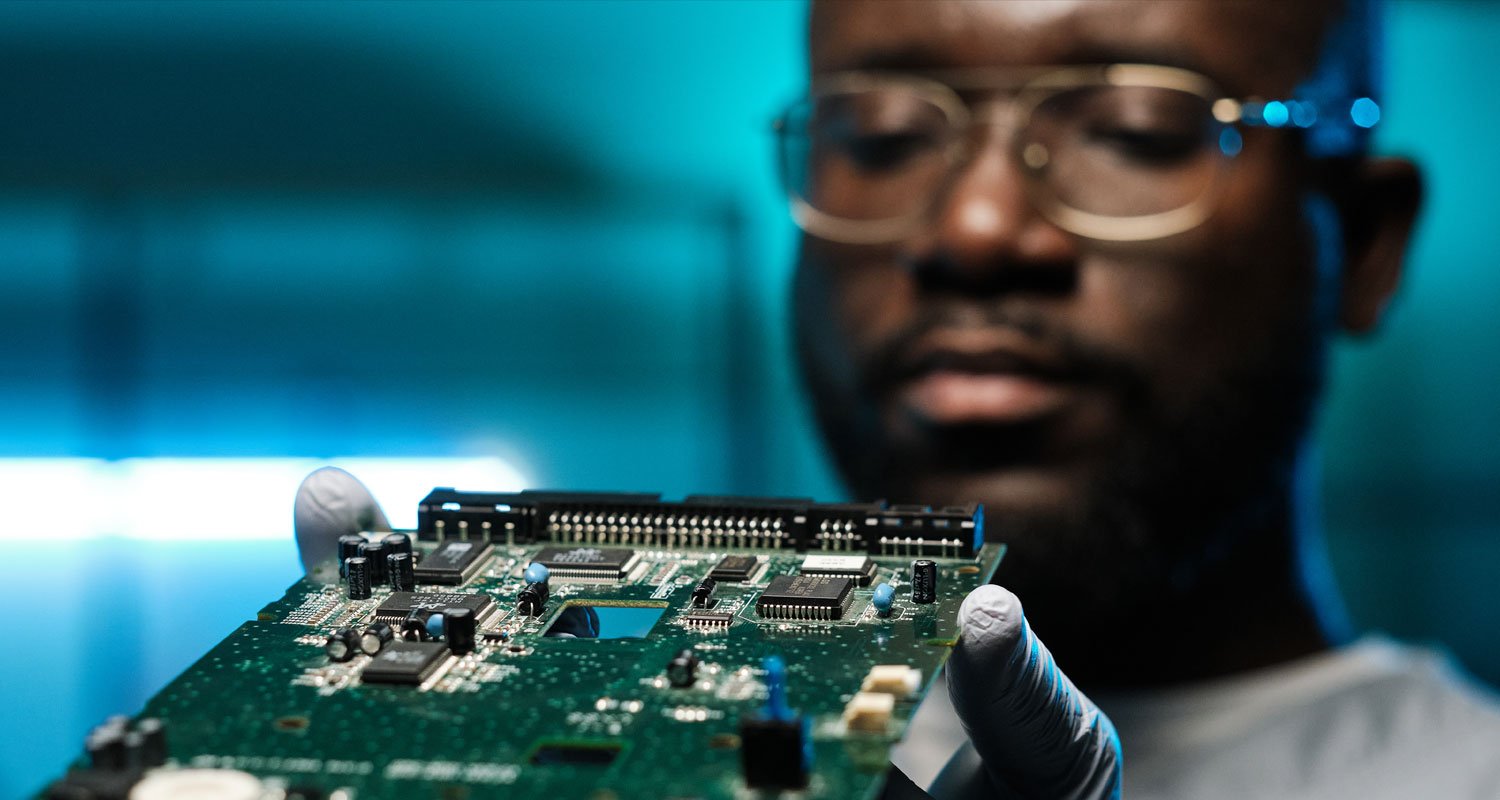 Semiconductor stockpiles are at a record high, and a global economic downturn is unlikely to change that picture. But an increasingly tense geopolitical environment and continued supply-chain friction is dividing the largest from other semiconductor manufacturers, which could impact how well they survive.
Semiconductor stockpiles are at a record high, and a global economic downturn is unlikely to change that picture. But an increasingly tense geopolitical environment and continued supply-chain friction is dividing the largest from other semiconductor manufacturers, which could impact how well they survive.
The technology Cold War between the US and China that gained steam under the Donald Trump administration and was exacerbated by the pandemic has reset expectations for how much product should be kept on the shelves. The global shortage of some chips peaked in 2021 after clients that included motor manufacturers cut orders only to desperately need them a few months later. At the same time, the popularity of streaming video services such as Netflix, which were forced to expand their server capacity, and greater use of gadgets from companies like Sony created competition for limited manufacturing capacity.
Inventory days, a measure of how long it takes to sell and replace stockpiles, have never been higher at dedicated chip foundries TSMC, United Microelectronics and Semiconductor Manufacturing International. Those three companies are ranked number one, three and five in global made-to-order market share — accounting for 67% of the total. Data from Samsung Electronics, the second largest foundry, isn’t analysed here because the company doesn’t provide data for its contract chip business. Data for fourth-ranked GlobalFoundries only dates back two years.
Digging deeper, we can see that manufacturers outside TSMC and possibly Samsung are still holding on to higher stockpiles as sales slow. At the end of June, inventory at TSMC, which accounts for around 55% of the foundry market, was equal to 40% of that quarter’s revenue. Its rivals collectively had a figure of 57%.
Even though semiconductor demand has not declined, it is weakening as consumers tighten their belts and companies including Apple freeze hiring or cut staff. Those chip makers that focus mainly on older technology for mainstream use — such as components used in smartphones, computers and televisions — are seeing a more dramatic slowdown. TSMC and Samsung, the industry leaders, are enjoying more robust outlooks for their foundry services because they can offer clients superior manufacturing processes for higher-end applications like artificial intelligence and 5G mobile communications. This competitive advantage offers a greater financial buffer, reducing the risk of holding higher inventory.
Unconvinced
Easing the danger for the other players are long-term supply deals including those made public in recent years by both UMC and GlobalFoundries. The latter last week announced a new deal with Qualcomm that guarantees a total of US$7-billion in revenue from the Californian designer of chips used in smartphones through to 2028, slightly more than GlobalFoundries’ entire sales last year. While TSMC hasn’t disclosed similar agreements, assurances that its capacity will find buyers are somewhat implicit in the company’s business model and aggressive spending plans, with management repeatedly stating that the $100-billion it’s investing over three years is based on consultation with clients in anticipation of their needs.
A raft of new policies, including a $52-billion spending package from the US congress, is aimed at making it easier and cheaper to expand capacity in America and Europe. TSMC, Samsung, GlobalFoundries and foundry newcomer Intel are all set to benefit.
Yet investors remain unconvinced that all this spending will support earnings. Most foundry stocks have declined over the past year, even with continued double-digit revenue growth, in large part because the high rate of spending on new facilities heightens concerns that capacity will outstrip demand if a global recession hits. That’s a reasonable concern, since semiconductor sales tend to closely track macroeconomic indicators such as growth in GDP. But the new normal — a sustained higher rate of stockpiles — is also likely to worsen the divide between the biggest companies with better technology, and other chip makers who are highly dependent on demand for mainstream products. This changing landscape will likely mean that the strong get stronger, and the weaker struggle to hold on. — (c) 2022 Bloomberg LP

